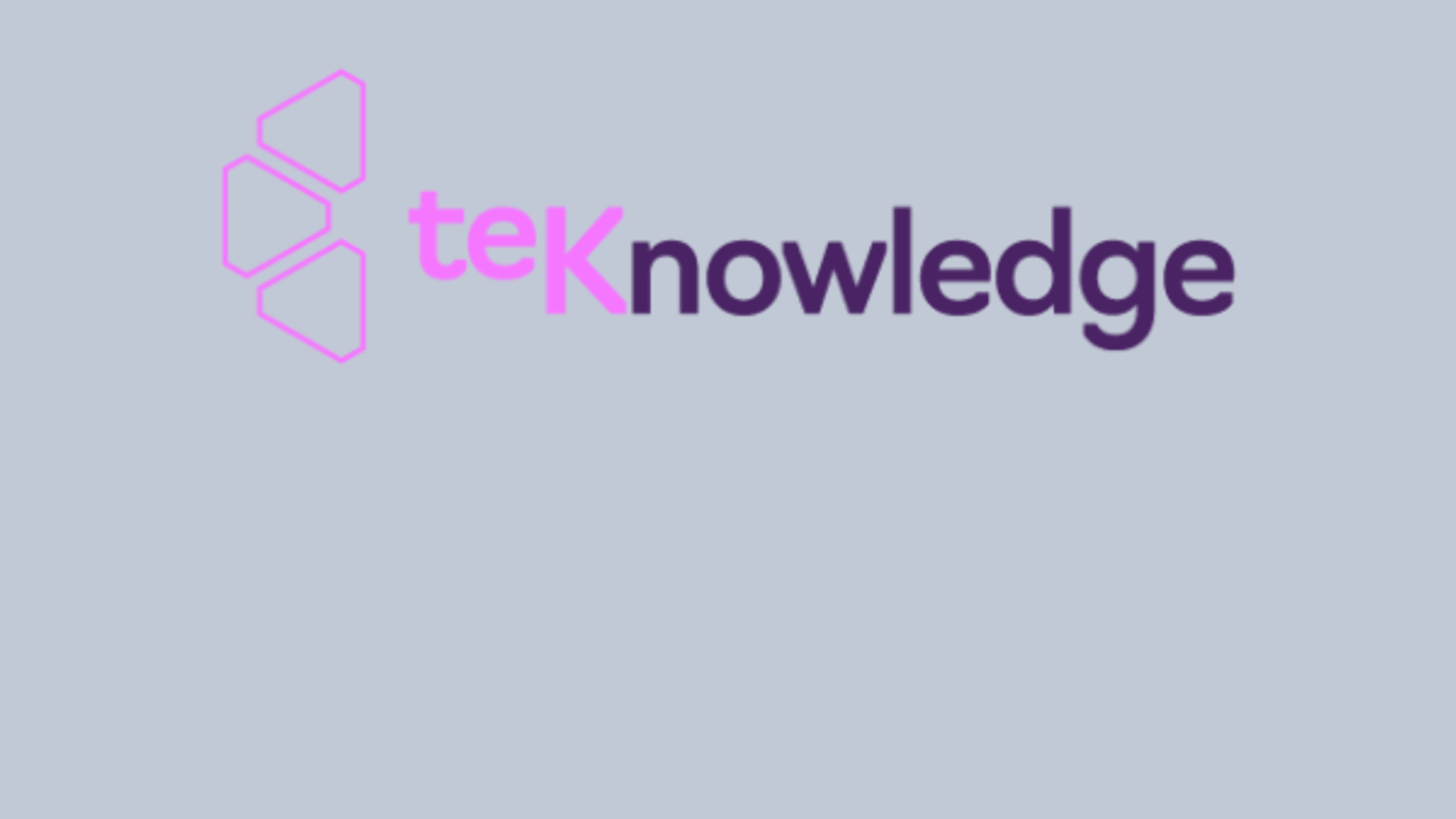Summarized by AI Model:facebook/bart-large-cnn
Sterling Bank CEO Abubakar Suleiman has encouraged African leaders to invest in developing a strong Artificial Intelligence (AI) workforce. He stressed that in order to spur innovation domestically and compete globally, the continent must take use of its young population to build AI competence. He emphasised the significance of utilising AI clusters, which are ecosystems where skilled individuals may collaborate.To ensure its position in the global economy, African leaders and stakeholders have been encouraged by Sterling Bank CEO Abubakar Suleiman to invest in developing a strong Artificial Intelligence (AI) workforce. At the Bluechip Data and AI Summit 2024, he made this statement in a Fireside talk. He stressed that in order to spur innovation domestically and compete globally, the continent must take use of its young population to build AI competence. “Africa has a chance to establish itself as the global workforce, as the continent’s population is expected to reach 2.5 billion by the middle of the century, with the majority of them being young,” Suleiman stated.
He pointed out that Africa has a special opportunity to prosper in the digital era because of the continent’s expanding youth population and the demand for AI skills worldwide. Suleiman emphasised how important it is to develop skills in order to scale the usage of AI throughout the continent. Africa’s cost advantage, he noted, makes it ideal for producing people that can both meet local demands and compete globally.
“The disparity in income is still a potent instrument,” Suleiman clarified. “We have a competitive edge in the global market because we have people here who would make a pretty decent $1,000 a month,” he continued. In order to accomplish these objectives, Suleiman discussed the significance of utilising AI clusters, which are ecosystems where skilled individuals may collaborate and develop new ideas.
“We must establish an AI cluster if we wish to gain a competitive edge. “The interaction of different people solving diverse problems will lead to a lot of breakthroughs and learning,” he stated. Additionally, he emphasised that developing AI expertise calls for more than just conventional academic methods because rapidly evolving technology frequently surpasses curriculum. Suleiman promoted experiential learning environments instead.
According to him, “the best way is to bring people together, give them some tools to play with, and let them figure out solutions on their own.” Africa’s AI workforce, according to Suleiman, should serve both the continent’s particular needs and international markets. He added that AI may play a key role in resolving systemic problems in infrastructure, healthcare, and education. “We need to ensure that local industries thrive through this transformation,” he said.
He gave the example of telemedicine, arguing that AI might greatly ease the pressure on the continent’s overworked healthcare infrastructure. In a similar vein, he advocated for rethinking conventional approaches to emphasise job-readiness in schooling. We need to reconsider schooling in the AI era. We may cut down university education from years to months with tailored curriculum, concentrating just on what is required for the work, Suleiman stated.
In order to create a workforce that can propel advancement both domestically and globally, he urged leaders and institutions to place a high priority on cooperation, innovation, and education. He went on to say, “Developing an AI workforce is not just an opportunity; it’s a necessity.” “Africa has the potential to become a leader in the global AI economy if it makes the appropriate investments in infrastructure and talent.”


